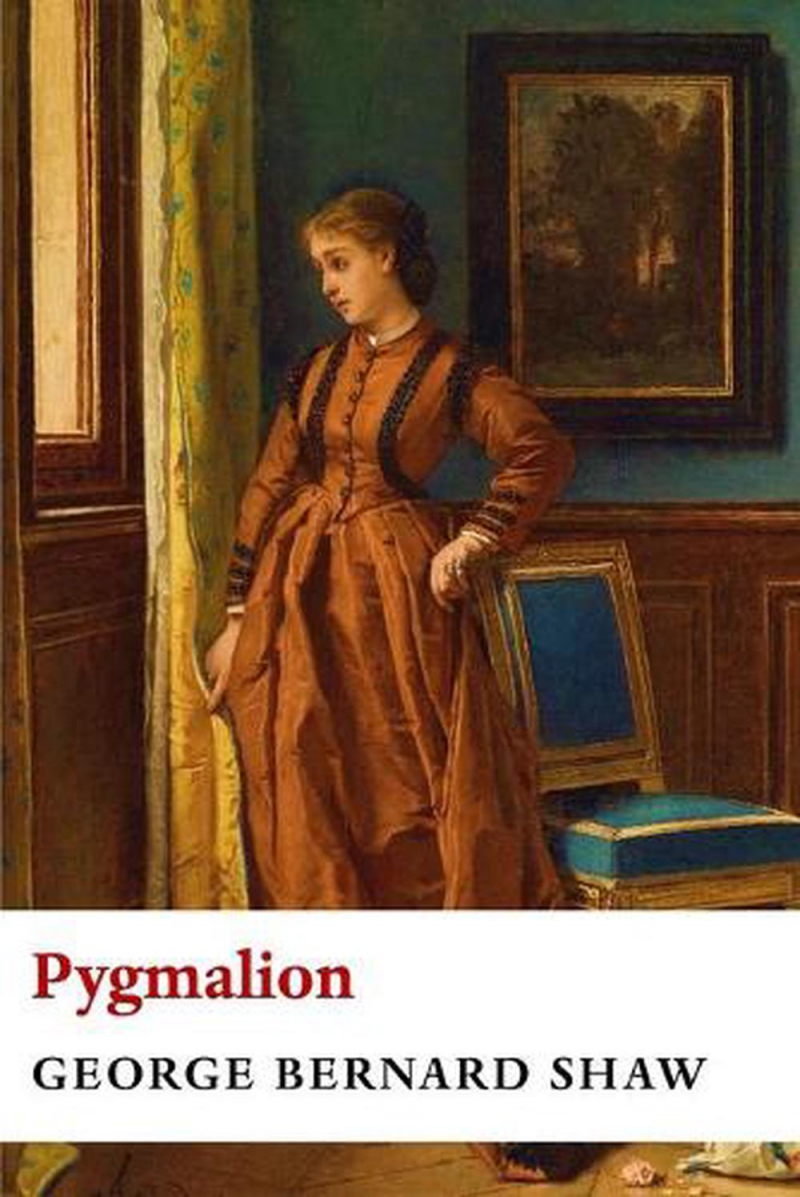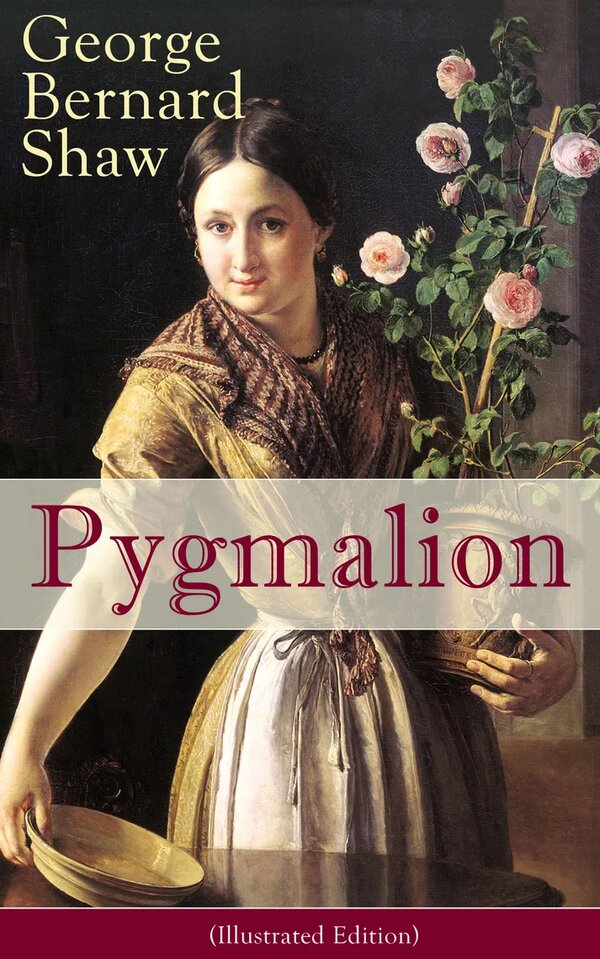His most successful play was Pygmalion
The most well-known play that George Bernard Shaw composed during his lifetime is Pygmalion, which had its world premiere in 1913. Shaw's play, which tells the narrative of a man trying to teach a cockney flower girl how to be a woman, is frequently cited as one of the funniest pieces in the canon of English literature.
The following year, the play was performed in Vienna, and shortly after that, in Berlin. Shaw remarked, "Every time one of my plays is performed, the British press makes sure to let everyone know that it's not a boring, blasphemous, unpopular, or failing play of mine. As a result, the directors of Vienna and Berlin urged me to let them stage my play first."
The British movie, which starred Sir Herbert Tree and Mrs. Patrick Campbell, a professor of phonics and a cockney florist, respectively, was released in April 1914. Shaw and Campbell had once been romantically involved, which greatly interested Charlotte Shaw, but by the time the play had its London premiere, it had all ended. Up until July, when Tree insisted on taking a vacation, the performance drew a sizable audience. After that, production was halted. Later, his co-stars went on tour in America with the play.
The drama served as the inspiration for the popular musical My Fair Lady, which was adopted in the 1950s and subsequently produced into a film in the 1960s. It was also converted into a successful film in the late 1930s.










